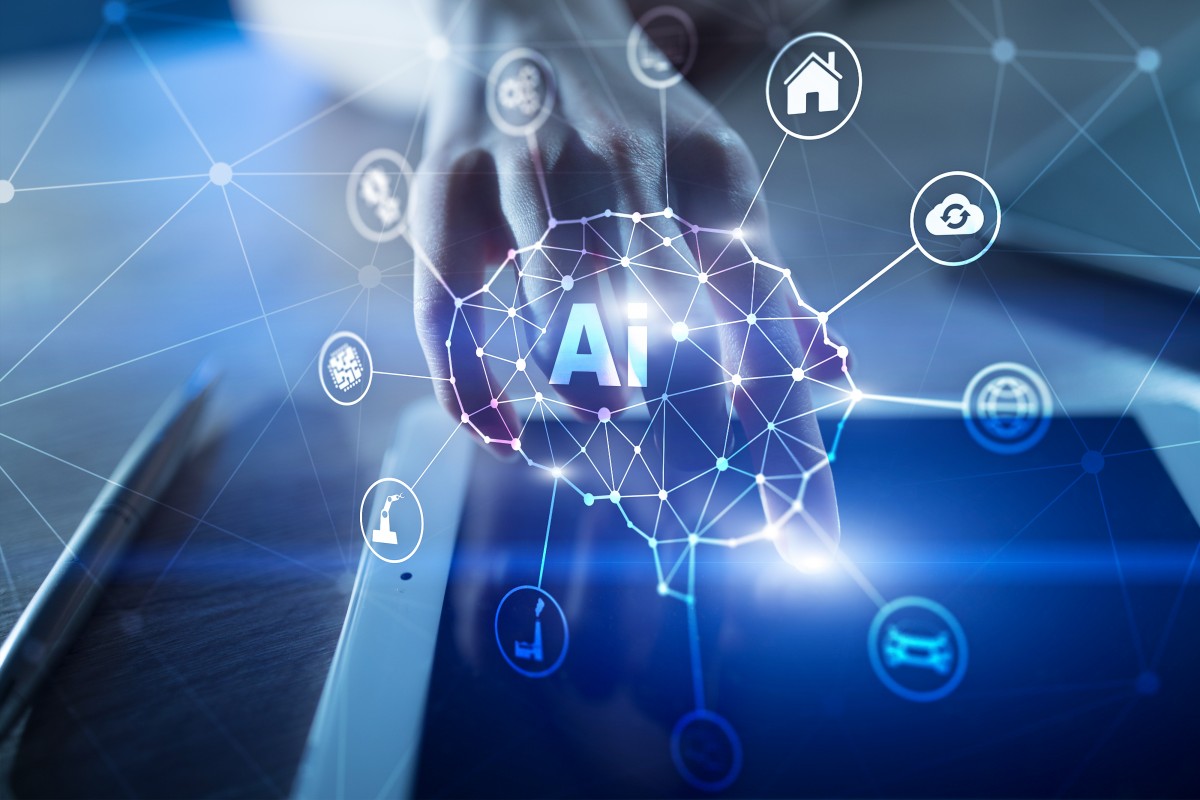Appian hascintroduced Appian RPA, augmenting Appian’s Low-code Automation Platform with the ability to govern cloud-native Appian software robots in a unified automation stack. Appian’s full-stack automation now combines AI, RPA, workflow, decision rules, and case management at the speed of low-code. This means businesses can apply the right technology for the right use case to automate any end-to-end process.
Gartner’s November 2019 “Automate Business Operations to Scale Your Digital Business” reportrecommends that, “Application leaders responsible for application and product portfolio governance should combine RPA and low-code platforms to optimize and transform business operations.”
Appian RPA delivers:
- Full-Stack Automation – Business automation value comes from the effective workflow orchestration of today’s modern workforce, including people, software robots (bots), and AI. Appian RPA completes Appian’s automation stack, uniting people, bots, and AI across business processes, and enabling centralized management of all enterprise automation technologies on a single platform.
- Powerful Governance - Appian RPA leverages the Appian’s platform’s powerful governance to centrally manage, monitor, and deploy bots across the organization for increased scale and performance. Appian supports an Automation Center of Excellence by collecting and prioritizing automation requests from across the enterprise; managing and tracking all activities from request to completion; and enabling impact and value analysis for RPA and other automations deployed in production.
- Security - Appian RPA runs on Appian Cloud, which is secure, globally available, and trusted to run mission critical, enterprise applications for the world’s largest organizations.
- Scalability - Cloud-native RPA simplifies access and adoption across the enterprise, and the flexibility to run on Windows or Linux delivers cost advantages in operating a robotic workforce.
Appian RPA features include:
- Intelligent image recognition of objects on a screen, reducing errors in bot actions.
- Bots can be deployed on a scheduled basis for common back-end processes or can be invoked on-demand by business users as needed for customer-facing interactions.
- “Human in the loop” optimization means bots can increase productivity through the automation of daily tasks, while keeping people engaged for rapid resolution when there are exceptions to straight-through-processing.
- Detailed RPA audit trails show screenshots of robotic actions for complete visibility, control, and reporting.




